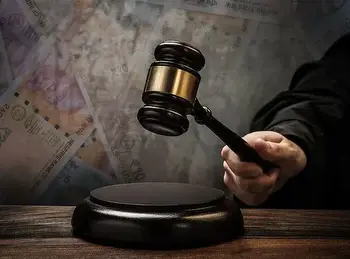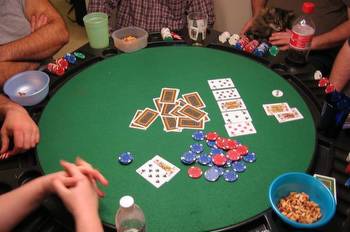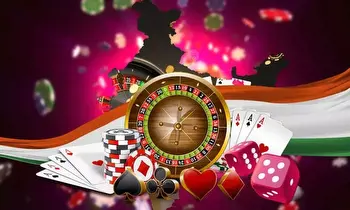Gambling’s legal status in India needs a revamp-now

The year is 2021, and it’s time for the government to step up its regulatory game.
A recent raid at Gandhi market in Margao, which led to the arrest of 11 people in South Goa under Sections 269 and 188 of the IPC and Sections 3 and 4 of the Public Gambling Act, has highlighted why regulating India’s gambling industry. Currently, the legal status of gambling in the country is in dire need of a major revamp—one that will simplify the complex situation the industry is in right now.
A separate Times of India report quoted anonymous sources, who claimed that “illegal online gambling units have surfaced at many places in Margao.” The media outlet cited the ongoing lockdown brought by the coronavirus pandemic as one of the reasons why “many matka bookies had shifted to the online mode.”
For a country like India, which has a high internet penetration, many activities have shifted online amid the ongoing COVID-19 lockdowns. With the majority of people stuck at home as the series of lockdowns continues across the country, it’s easy for anyone to use their electronic and mobile devices for work, study and even to pass time with family and friends by watching favorite movies or shows, or even playing casual online games.
Pankaj Karna, managing director at Maple Capital Partners, told Nikkei Asia, “India is at an inflection point on online gaming with traffic exceeding 15% of global gaming traffic… Games involving real money saw the biggest growth of 40% through the lockdown, with fantasy sports standing out.”
Gambling’s murky legal position needs clarity
Despite the growing popularity of the industry, gambling’s regulatory oversight depends on the Indian state and its outdated laws. Case in point: the states of Goa, Sikkim, Nagaland, and Daman allow online gambling on websites like 10Cric.com and land-based casinos under the Public Gambling Act, 1976. Sikkim and Nagaland also allow e-gaming (games of chance); while lottery can operate legally in the states of Sikkim, Nagaland, Goa, Kerala, Arunachal Pradesh, Assam, Maharashtra, Madhya Pradesh, Mizoram, Manipur, Meghalaya, Punjab, and West Bengal.
Gambling, however, is not allowed in Maharashtra, which follows the Bombay Prevention of Gambling Act, 1887. Skill-based games, meanwhile, are not allowed in Telangana and Arunachal Pradesh under the Telangana State Gaming Act, 1974.
This brings us to this point: India’s online gambling and casino industry should regulate.
Here’s why regulation is important
A SevenJackpots report, titled “When Should an Industry Regulate,” made a strong case why regulation could be the right call for the gambling industry in India. According to the article, “Regulation is intended to simplify complex situations. Public interest is the driving force behind most such decisions, and the result is legal standards, definitions, and ‘red lines.’”
By regulating the industry, safety nets are provided—not just for the government and companies, but also for players through responsible gambling measures that provide a safe gambling experience for all players.
“Transparent regulation will help the best betting platforms like 10Cric.com to prove their integrity to the public eye. Formal guidelines on online gambling will improve the business climate and bring benefits to State coffers,” the report concluded. “A regulated market is better than an illegally functioning one. Examples of effective gambling regulation are found easily: licensing, taxation, and monitoring come first. Corruption and lobbying need to be rooted out with precise legal definitions, altogether raising consumer protection standards.
This is a partnered post
Read all the , Breaking News and Coronavirus News here




































